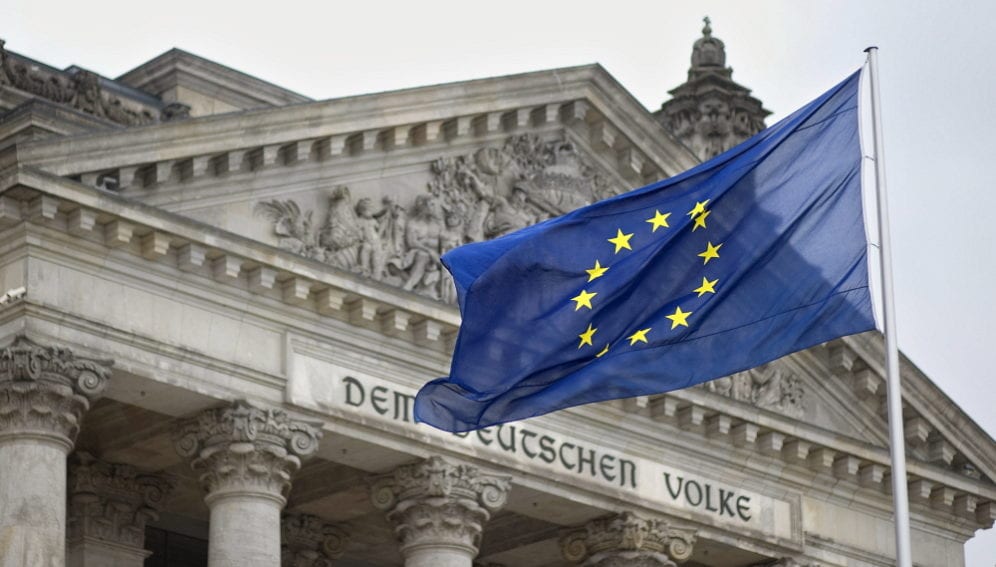Send to a friend
The details you provide on this page will not be used to send unsolicited email, and will not be sold to a 3rd party. See privacy policy.
The scientific board set up in 2012 to advise on the development policy of the European Union (EU) has provided a much-needed link between science and development, but its future is now uncertain, insiders say.
Board members say the Scientific Advisory Board on EU Development Policy has forged crucial links between European researchers and policymakers and should not only continue, but also have its mandate strengthened.
However, the board will instead be officially dissolved once the new development commissioner, Neven Mimica, takes office November 1. He would not comment on the fate of the board until then.
The board, initiated by outgoing development commissioner Andris Piebalgs, was officially registered as a temporary body. It comprises eight leading social scientists and economists handpicked by Piebalgs.
“There needs to be strong interaction between the people who produce knowledge and the people who are using it.”
Simon Maxwell, Overseas Development Institute
The board’s set-up was deliberately kept informal, according to Piebalgs, who says the idea was to have a group of experts with whom he could test potential policies for the Directorate-General for Development and Cooperation (DEVCO), the part of the European Commission that manages his portfolio.
“It worked well as an informal sounding board,” he says. “The intention was to exchange ideas with some of the most eminent experts in the sector and help link research on the one hand and concrete policy formulation and implementation on the other.”
The board also helped during preparations for the EU’s position on the post-2015 development agenda, adds Piebalgs.
Dirk Messner, a board member and director of the German Development Institute, says the most valuable aspect of being on the board was the opportunity to create ties with EU policymakers.
DEVCO used to lack strong ties with European researchers, according to Messner. Piebalgs was the first development commissioner to set up a scientific advisory body, he adds.
“Up until a few years ago, interaction between the commission and the European research community was nonexistent,” he says. “Building these kinds of bridges takes time, but [the board] has been a very important first step.”
DEVCO has also lagged behind its national counterparts in integrating researchers within the organisation, says Simon Maxwell, another board member and former director of UK think-tank the Overseas Development Institute.
For example, the UK’s Department for International Development employs directly more than 700 policy advisors who specialise in different areas of research related to development, while DEVCO employs at most a handful, says Maxwell.
“Historically, DEVCO has not had a large cadre of long-term, professional policy advisors in comparison with other organisations,” he says.
Given this deficit, the directorate-general needs to build links with external experts if it is to develop informed policies, says Maxwell.
“The benefit of the [board] was that it opened the door to researchers,” he says. “It didn’t provide the full range of scientific advisory functions and wasn’t integrated into the commission policymaking process, but it still played a valuable part in bringing together a group of people that the commissioner trusted to discuss possible future development priorities.”
Although communication between researchers and EU policymakers has “improved a lot” in recent years, DEVCO needs to further develop these relationships, says Messner.
A “more structured” board set up on a permanent basis — similar to national advisory bodies such as the German Advisory Council on Global Change, which has advised the German government on sustainable development issues since 1992 — would help progress EU development policy, he suggests.
“Scientific knowledge and interaction between researchers, scientists and development professionals is considered important at national levels and it should be at the EU level too,” he says. “Bringing research, knowledge and new ideas to development policymakers in Brussels is very important.”
The EU’s success in making relevant development policies will depend on its ability to reach out to researchers, says Maxwell.
“Development is essentially about knowledge,” he says. “There needs to be strong interaction between the people who produce knowledge and the people who are using it.”














